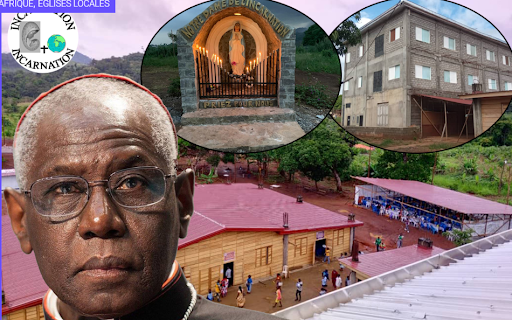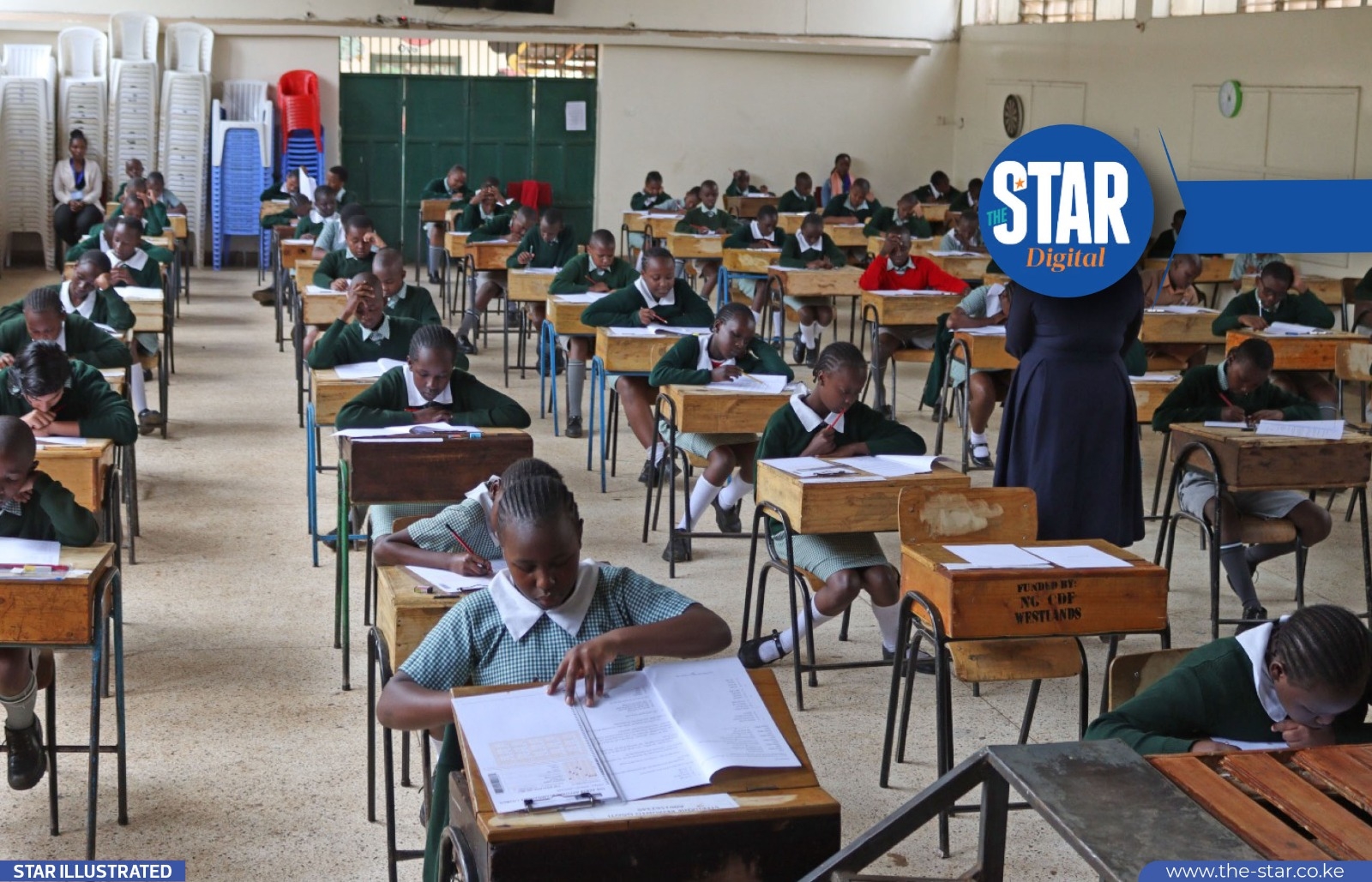

As the College of Cardinals prepares to convene a conclave in the Vatican's Sistene Chapel to vote for a successor to Pope Francis, the potential for an African head of the Catholic Church is on the rise.
A growing number of cardinals from the continent who are under 80 years old and eligible to vote in the coming papal election, along with growing numbers of Catholics in Africa, points to Africa's growing influence in the church. However, another region is rising even faster than Africa.
The latest data by the US-based Pew Research Centre shows Africa has the second-highest growth rate of voting-age cardinals over the last decade, growing from 8 per cent to 12 per cent. Africa is second to the Asia-Pacific region, which accounts for 18 per cent of voting-age cardinals, up from 10 per cent in 2013.
According to the Pew Research Centre, the rise of Asia and Africa has seen a shift in focus for the church.
“Over the course of his 12-year papacy, Francis’ picks for the College of Cardinals tilted the leadership structure of the Roman Catholic Church away from its historic European base and toward countries in Africa, Asia, Latin America and the Middle East-North Africa region,” the research centre noted in research published this year.
Europe experienced the largest decline in representation on the College of Cardinals over the period under review, from 51 per cent to 40 per cent.
PUSH FOR INCLUSIVITY
Data from the Vatican also shows while there are 252 cardinals from more than 90 countries, only 135 are eligible to participate in the secretive voting process.
The Vatican Dashboard College of Cardinals shows Africa with a total of 29 cardinals having among the highest continental voting rates at 62.1 per cent, similar to Asia’s rate with 37 cardinals.
All African countries with Catholic cardinals have at least one eligible vote with the exception of Cote d'Ivore, which has two qualified voters. Nigeria has the highest number of cardinals (four) on the continent, but only one is listed as eligible.
South America has a voting rate of 57 per cent with 28 cardinals, North America with 32 cardinals has a voting rate of 53 per cent and Central America (eight cardinals) has a 50 per cent voting rate.
While Europe still has the largest representation of cardinals at 114, its voting rate is lower at 46.5 per cent.
“Of the 108 cardinals who were appointed by Francis and are currently eligible to vote, 38 per cent are from Europe, 19 per cent are from Latin America and the Caribbean, 19 per cent are from the Asia-Pacific region, 12 per cent are from sub-Saharan Africa, 7 per cent are from North America and 4 per cent are from the Middle East and North Africa,” according to Pew Research.
Only Oceania with four cardinals has a 100 per cent voting rate.
The 108 cardinal electors chosen by Pope Francis over the past decade largely reflect his vision of a more inclusive church and could play a significant role in influencing the voting patterns.
While any baptised man is eligible to become the next Pope, none outside the rank of cardinal has been selected for the sacred position since the 14th Century.
THE CONTENDERS
Three cardinals from Africa are emerging as top contenders, gaining significant attention on the Internet and sparking discussions across digital and social media platforms.
The cardinals include Ghanaian Cardinal Peter Turkson, 76, Guinea’s Robert Sarah, 79, and Fridolin Besungu from the Democratic Republic of the Congo, 65.
Cardinal Turkson currently serves as the Chancellor of the Pontifical Academy of Sciences and was considered a strong candidate for the papacy in 2013.
Appointed a cardinal by Pope John Paul II in 2003, he garnered global attention when Pope Benedict XVI designated him as a peace envoy to South Sudan.
Turkson is recognised for his advocacy on climate change and economic justice, respect for local cultural norms, and his stance against anti-LGBTQ+ policies in Africa, which aligns with the progressive legacy of Pope Francis.
Robert Sarah, the retired head of the Vatican’s liturgy office, was elevated to cardinal by Pope Benedict XVI in 2010.
Observers suggest that his election would reflect a return to the doctrinal and liturgically focused papacies of John Paul II and Benedict.
The youngest of the three, cardinal Fridolin Besungu, 65, has gained prominence due to his close advisory role to Pope Francis in the later years of the pontiff's tenure.
Appointed a cardinal by Pope Francis in 2019, Besungu is known for his focus on liturgy, inculturation and social justice.
DOMINANT IN AFRICA
The Vatican’s Pontifical Yearbook 2025 shows of the 1.406 billion global Catholic population, 281 million are in Africa accounting for 20 per cent of the global figure.
The African Catholic population rose from 272 million in 2022 to 281 million in 2023, a 3.3 per cent growth and the largest increase compared to the global rise of 1.15 per cent.
The Democratic Republic of Congo has Africa’s largest number of baptised Catholics with almost 55 million, followed by Nigeria with 35 million. Vatican reports highlight Uganda, Tanzania and Kenya among countries that also register significant figures.
The increasing number of Catholics on the continent may well have been the reason for Pope Francis's prominent visits to 10 countries in Africa during his pontificate.
From the Democratic Republic of Congo, where he spoke out against the plundering of natural resources, playing a peacemaking role during the civil war in the Central African Republic and kissing the feet of South Sudan’s rival leaders, his actions, along with his compassion for the poor and marginalised, have made him beloved and praised throughout Africa's Catholic communities.
African leaders mourning his passing have described him as a 'Pope for everyone', reflecting on their expectations for his next successor.
“As the leader of the Church and a global figurehead, Pope Francis advanced a worldview of inclusion, equality and care for marginalised individuals and groups, as well as responsible and sustainable custody of the natural environment,” South African President Cyril Ramaphosa said in a statement.
On X, Ethiopian Prime Minister Abiy Ahmed said, “May his legacy of compassion, humility and service to humanity continue to inspire generations to come.”
Typically, cardinals assemble in Rome 15-20 days after the Pope’s death, and gather under Michelangelo’s magnificent painted ceiling in the Sistine Chapel to begin their deliberations.
Edited by Hewete Haileselassie and Tom Kirkwood















